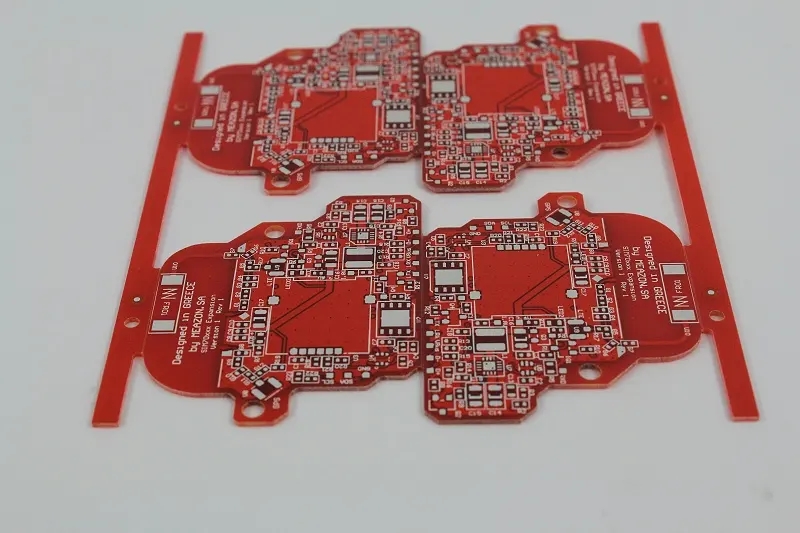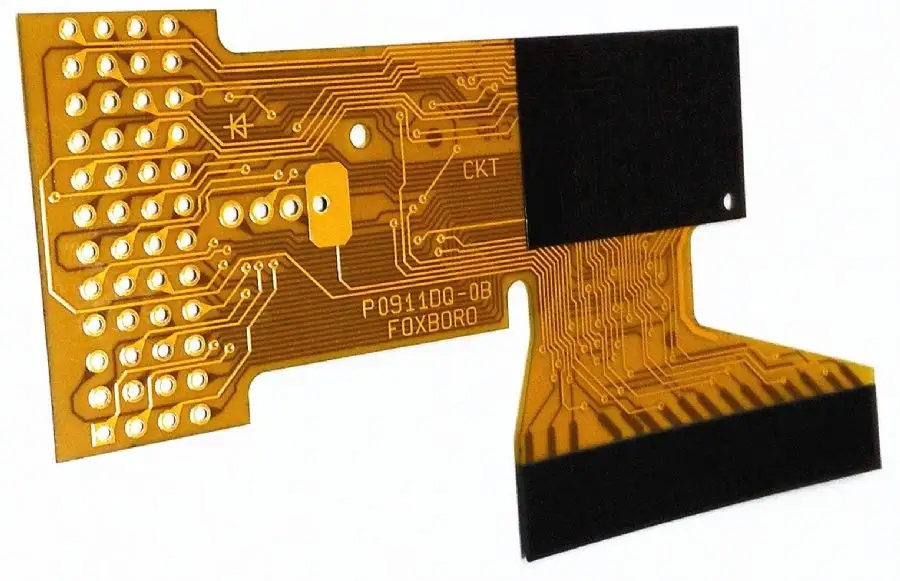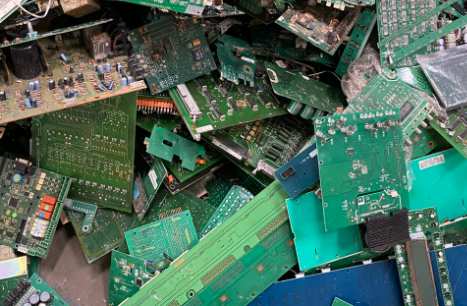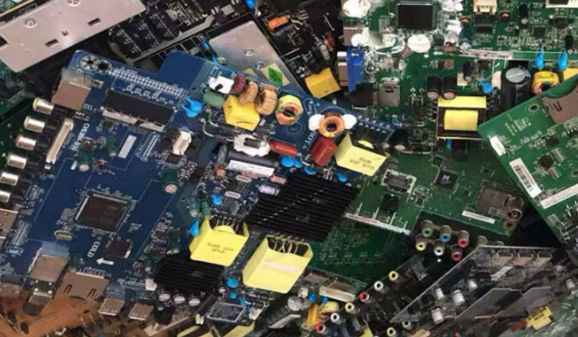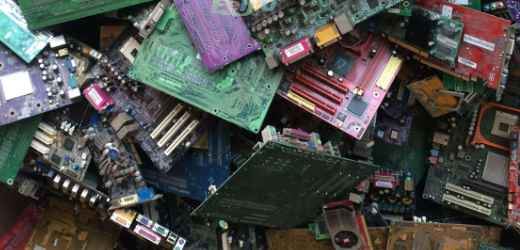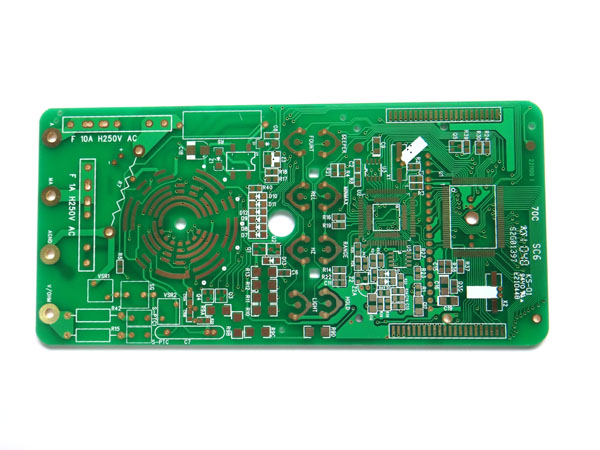
Distinguish HDI circuit board class from high-frequency circuit board
PCB manufacturers, PCB designers and PCBA manufacturers explain how to distinguish HDI PCB classes and choose high-frequency PCB
The first order HDI PCB is relatively simple, and the process and process are easy to control.
The second order HDI PCB is troublesome. One is alignment, the other is punching and copper plating. There are many kinds of second order designs. One is stagger position of each order. When it is necessary to connect the next adjacent layer, it is connected in the middle layer through wires, which is equivalent to two first order HDIs. The second is that two first order holes overlap, and the second order is realized by overlapping. The processing is similar to the two first order holes, but there are many process points to be specially controlled, that is, the above mentioned. The third method is to directly drill from the outer layer to the third layer (or N-2 layer). The process is different from the previous one, and the drilling is more difficult.
For the third order, the second order analogy is.
Examples are as follows:
The first and second order of 6-layer PCB refer to PCB boards that need laser drilling, namely HDI boards
First order HDI board of 6-layer circuit board refers to blind holes: 1-2,2-5,5-6. That is, 1-2,5-6 needs laser drilling
Second order HDI board of 6-layer circuit board refers to blind holes: 1-2,2-3, 3-4, 4-5, 5-6. That is, two laser drilling is required First drill 3-4 buried holes, then press 2-5, then drill 2-3, 4-5 laser holes for the first time, then press 1-6 for the second time, then drill 1-2, 5-6 laser holes for the second time, and finally drill through the hole. It can be seen that the second order HDI plate has been pressed twice and laser drilled twice
In addition, the second order HDI board is also divided into staggered hole second order HDI board and stacked hole second order HDI board. The staggered hole second order HDI board means that the blind holes 1-2 and 2-3 are staggered, while the stacked hole second order HDI board means that the blind holes 1-2 and 2-3 are stacked together, for example: blind: 1-3, 3-4, 4-6

The third and fourth order are the same
The order refers to the number of pressing times.
First order PCB board is formed by pressing once, which can be imagined as the most common PCB circuit board.
Second order PCB boards are pressed twice. Take the 8-layer circuit board with blind holes as an example. First, make 2-7 layers of circuit boards and press them. At this time, 2-7 through holes have been made. Then, add 1 layer and 8 layers to press them. Punch 1-8 through holes to make the whole board
The third-order PCB is more complex than the above one. First, press 3-6 layers, then add 2 and 7 layers, and finally add 1 to 8 layers. It needs to be pressed for three times. Generally, circuit board manufacturers cannot do this
What should be paid attention to when selecting high-frequency circuit boards
As we all know, the rapid development of high-speed network data products has made a series of peripheral products and corresponding data efficient processing deeply developed. In this link, reliable high-frequency circuit boards play an important role. In order to achieve a series of new technical standards and corresponding process requirements, it is also necessary to reasonably select high-quality and reliable high-frequency circuit board materials.
1. Pay attention to the service life and processing conditions of plates
Any circuit must be installed on a reliable board. Only through reasonable design and selection of boards can subsequent functions be implemented. Therefore, when selecting high-frequency circuit boards, users need to pay attention to the quality of such boards and related material effects. Only by ensuring that such high-quality materials have sufficient space for processing and production, can we achieve the processing of complex high-frequency PCB with more sufficient plate space.
2. Pay attention to transmission line width and anti-interference capability between corresponding lines
In the current process of circuit board design and related technical application, the resistance of transmission line and a series of power are the focus of attention. Only by ensuring that the transmission line width related to the cost-effective high-frequency circuit board meets the standard, and is more in line with the public welfare principle of its mechanical design than its corresponding impedance matching design, can the actual quality of this kind of high-frequency circuit board be improved in the production process. Therefore, when selecting cost-effective high-frequency circuit boards, customers need to pay attention to the anti-interference relationship between such serial lines to ensure better high-speed transmission effect and independent working ability between lines.
In short, it is more important for users to pay attention to a series of questions about which high-frequency circuit board has a high cost performance. The corresponding digital transmission effect also comes from their own RF transmission capability and specific quality. Therefore, users need to ensure that they follow strict quality supervision standards to ensure that each product has a higher qualified rate of finished products, so that they can select high-quality high-frequency circuit board equipment.
Circuit board manufacturers, circuit board designers and PCBA manufacturers will explain how to distinguish HDI circuit boards from high-frequency circuit boards.


